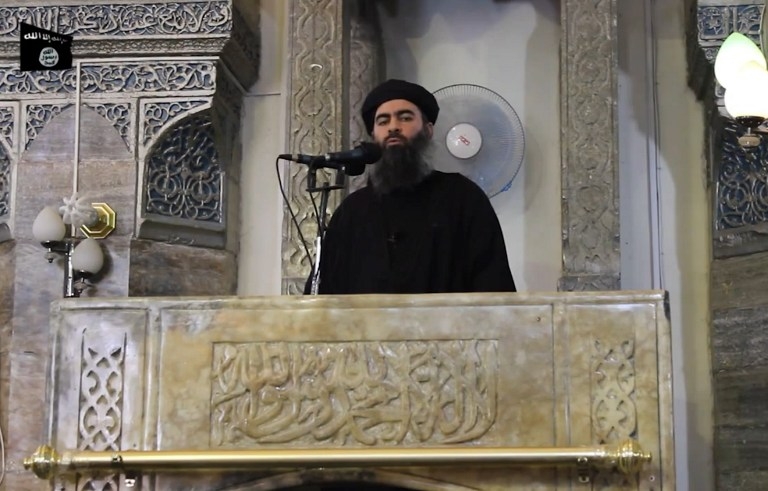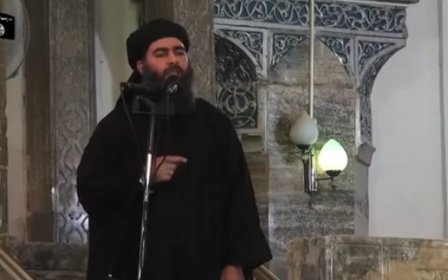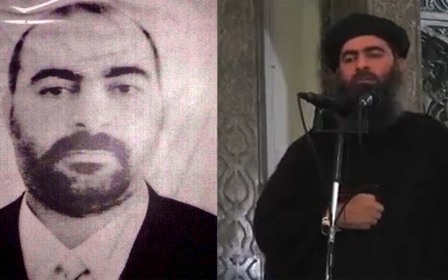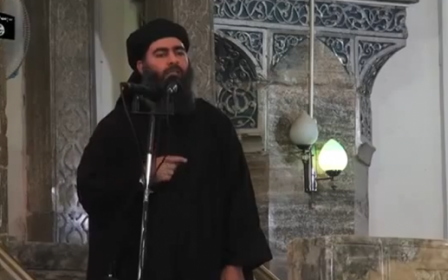IS leader Baghdadi seriously wounded in US-led strike, says report

Abu Bakr al-Baghdadi, the leader of the Islamic State group (IS), was reportedly seriously wounded in an airstrike in late March and has since stepped down from day to day leadership of the militant organisation.
A western diplomat and an Iraqi advisor told The Guardian that Baghdadi was injured in a strike on a three-car convoy by the US-led coalition near the Syrian border on 18 March.
At first, a source told The Guardian that Baghdadi’s wounds, sustained in the strike in the Sunni tribal area of al-Baaj, were life-threatening, but he had since recovered.
As Baghdadi has been in recovery, the group’s military and shura councils have stepped up their roles within the organisation, a source close to IS told the newspaper.
Last June, Baghdadi announced that he was establishing a caliphate from Aleppo in northern Syria in Diyala in Iraq.
His declaration provoked an outcry from many Islamic leaders and scholars, some who said it would have dangerous consequences for Sunnis in Iraq. Others said Baghdadi’s state wasn’t founded on legitimate or legal grounding.
The IS group led by Baghdadi controls swathes of Syria and Iraq, with headquarters based in the north-east Syrian city of Raqqa. The US-led coalition airstrikes, backed by regional powers, have sought to “degrade” the group’s strength.
In November, conflicting reports emerged that Baghdadi had been injured, and a close aide killed, in a US bombing raid. Iraqi state television reported the news, backed up by a tweet from an account linked to IS spokesperson Abu Mohammed al-Adnani.
Baghdadi then released a speech on 13 November. In it he called for IS supporters to attack Saudi Arabia, as well as Shiite Muslims.
The IS leader is a 43-year-old Iraqi from Samarra, north of Baghdad, who was detained for four years by the Americans during their occupation of Iraq.
He emerged as a leader of al-Qaeda in Iraq - which later became known as IS - in 2010 and has been described as a “ruthless battlefield tactician” by the BBC.
Middle East Eye propose une couverture et une analyse indépendantes et incomparables du Moyen-Orient, de l’Afrique du Nord et d’autres régions du monde. Pour en savoir plus sur la reprise de ce contenu et les frais qui s’appliquent, veuillez remplir ce formulaire [en anglais]. Pour en savoir plus sur MEE, cliquez ici [en anglais].




